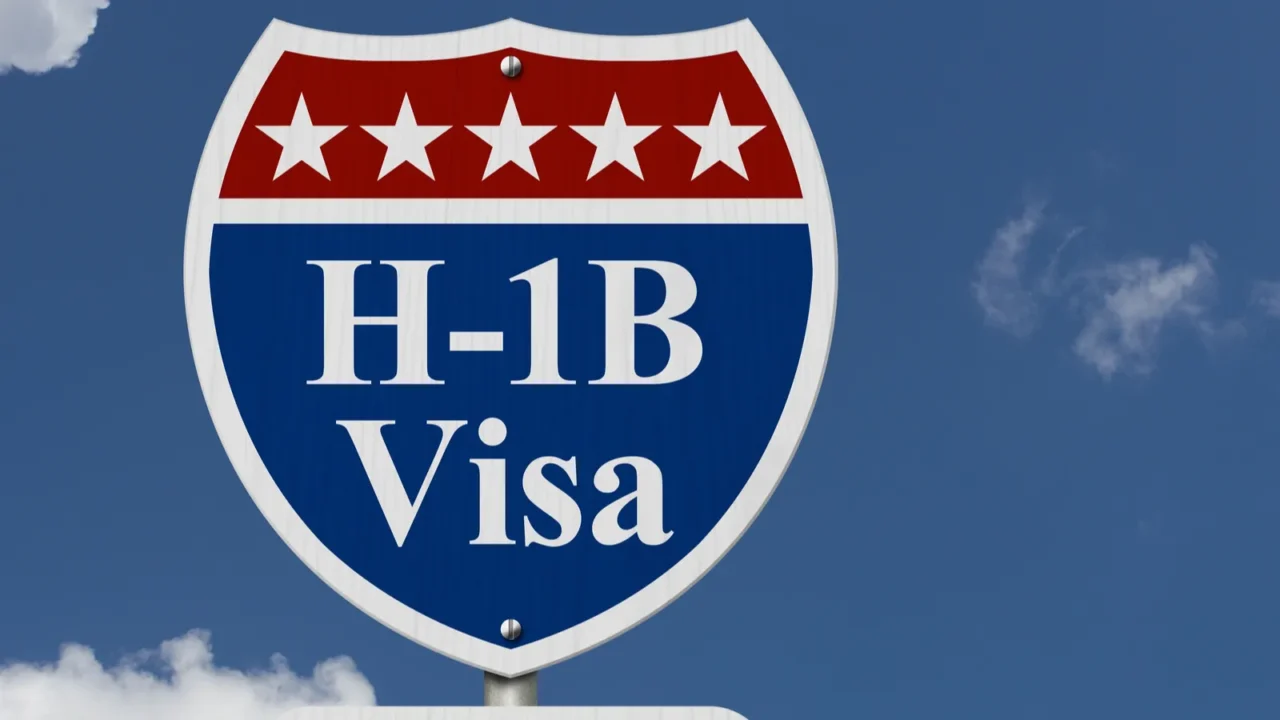
A big change for H-1B visa applicants
Starting in September 2025, U.S. employers must pay a one-time $100,000 fee when filing new H-1B visa applications. This hefty fee was introduced by President Trump and applies to all new petitions from that date onward.
While it does not impact existing visa holders, the new cost has already sparked reactions from businesses across the country, especially in industries relying on skilled foreign talent like tech and healthcare.

High cost for hiring foreign workers
The $100,000 fee is a major increase in the cost of hiring international workers. Employers now have to weigh the economics of sponsoring foreign talent, especially for lower-paid positions.
With many H-1B workers historically earning below $100,000, this fee makes it less viable for companies to hire those workers, shifting the focus to higher-paid foreign employees instead.
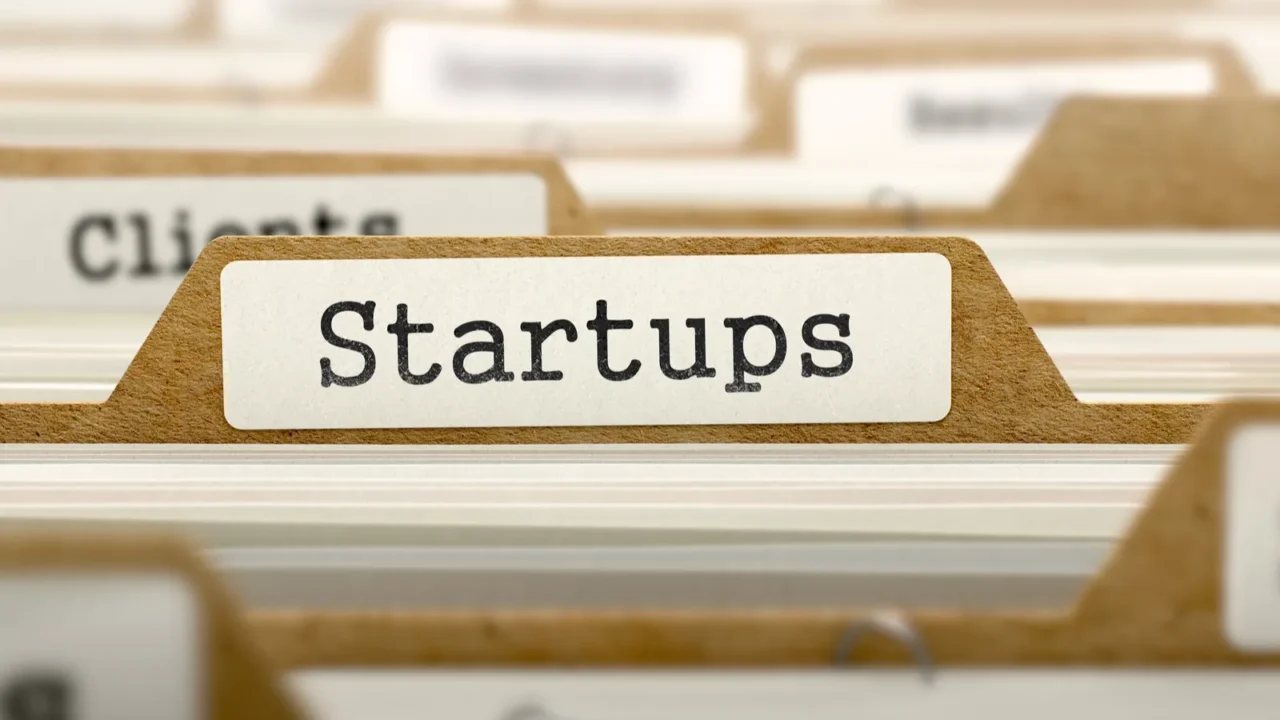
What it means for small businesses
Startups and small businesses are especially feeling the pinch. They rely heavily on skilled foreign workers but struggle with the high cost of this new fee.
For smaller companies in the DMV region, this fee could put a halt to hiring the international talent they need to grow. It might even stifle innovation, as they are forced to look elsewhere for workers.
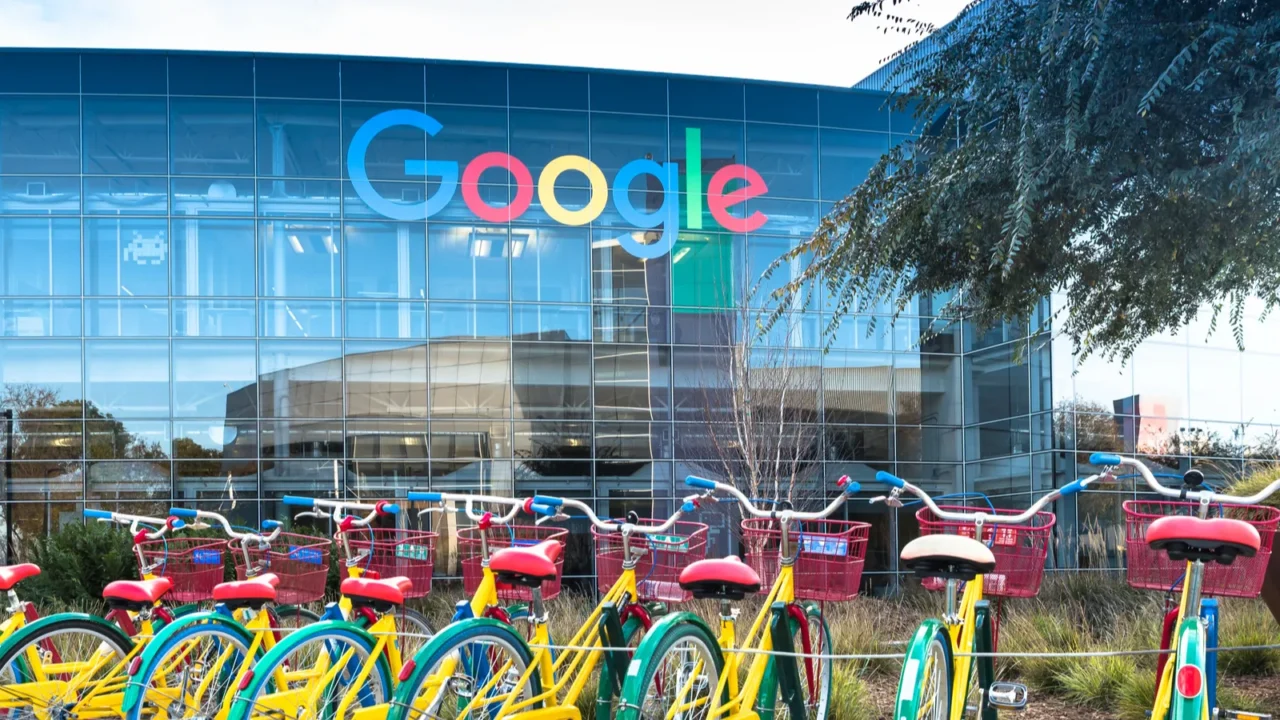
Big companies still affected
Even large corporations like Amazon, Google, and Microsoft will face higher costs with the new fee. While they can absorb these costs more easily, it still impacts their hiring strategies.
Large companies typically rely on the H-1B program for specialized roles. However, the added financial burden may influence how they evaluate potential hires moving forward.

The pressure to hire domestic workers
One of the goals of the fee hike is to encourage employers to hire more U.S.-based workers. This could lead to a shift in hiring practices, with companies prioritizing local talent over international hires.
While this might benefit some domestic workers, it could hurt industries that rely on skilled foreign workers, especially in fields like technology, where talent is in short supply.

A risk of losing global talent
Countries like India, which supply a large number of H-1B workers, have voiced concerns about the new fee. The higher cost might drive skilled professionals to seek opportunities in countries with more favorable policies.
This could result in brain drain, with the U.S. losing its edge in critical industries like tech and innovation as talented workers head elsewhere for better opportunities.

Differentiated fees for small businesses?
Some experts suggest creating a tiered fee system to ease the burden on startups and smaller employers. Lower fees for smaller companies could encourage them to continue hiring foreign talent without feeling financially strained.
This would help maintain competitiveness and innovation, allowing smaller businesses to stay in the game while still supporting U.S. workers.

Increased reporting requirements for businesses
Along with the fee increase, employers face new reporting requirements. Companies using foreign talent must meet stricter compliance standards, adding more work for HR departments.
While this aims to protect U.S. workers, it increases the administrative burden for businesses, especially smaller ones that may not have the resources to handle these extra duties.

The potential for fewer H-1B applications
With the high cost of the new fee, some businesses may choose to avoid filing H-1B petitions altogether. This could result in fewer opportunities for foreign workers seeking to contribute to the U.S. economy.
While this policy aims to prioritize domestic workers, it could unintentionally create gaps in industries that rely on global expertise, slowing growth and innovation in key sectors.
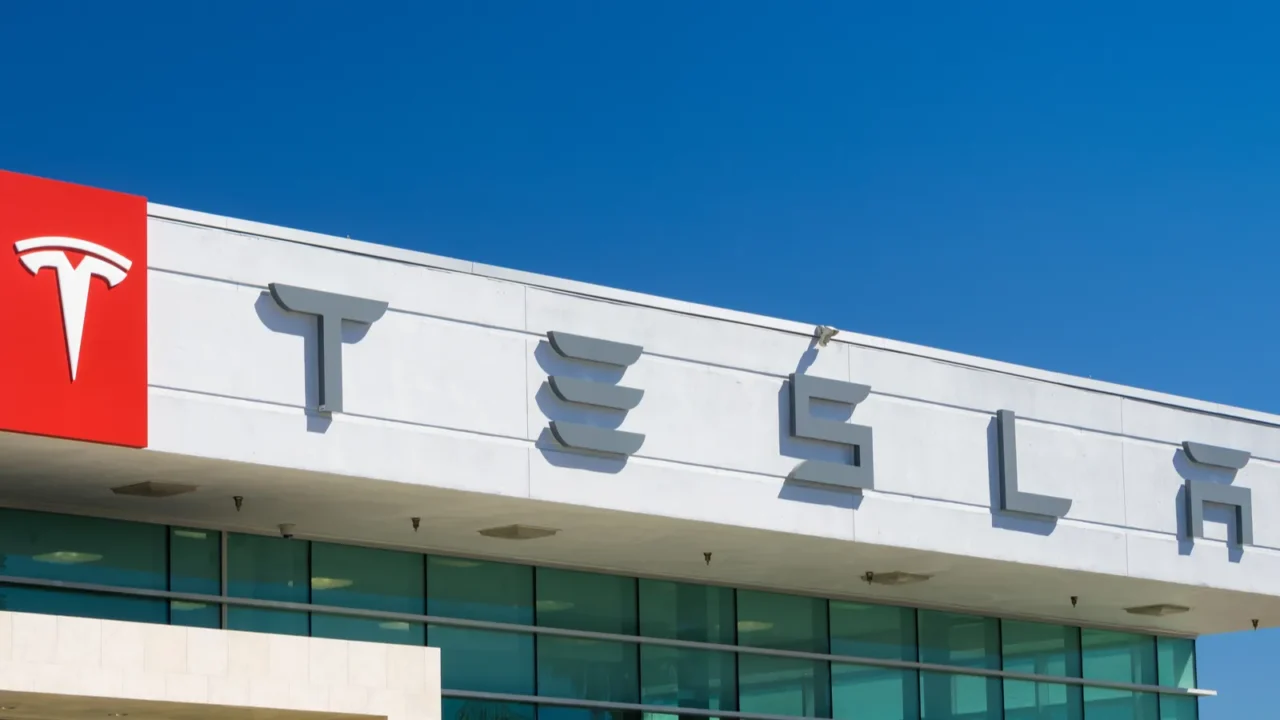
The impact on innovation
The U.S. is known for its innovation, but the new fee could slow progress in industries like tech, engineering, and healthcare. Companies might be hesitant to sponsor foreign workers, especially in startups or research-driven fields.
This could potentially limit the U.S.’s ability to stay competitive globally, as other countries continue to attract skilled talent with fewer financial barriers.

Increased competition with other countries
As the U.S. raises the cost of hiring foreign workers, other countries may look like more attractive options for skilled professionals. Nations like Canada, the UK, and Australia are already offering more favorable visa policies.
If the U.S. continues to impose high fees, skilled foreign workers might increasingly turn to these other countries, leaving the U.S. with fewer global talents.
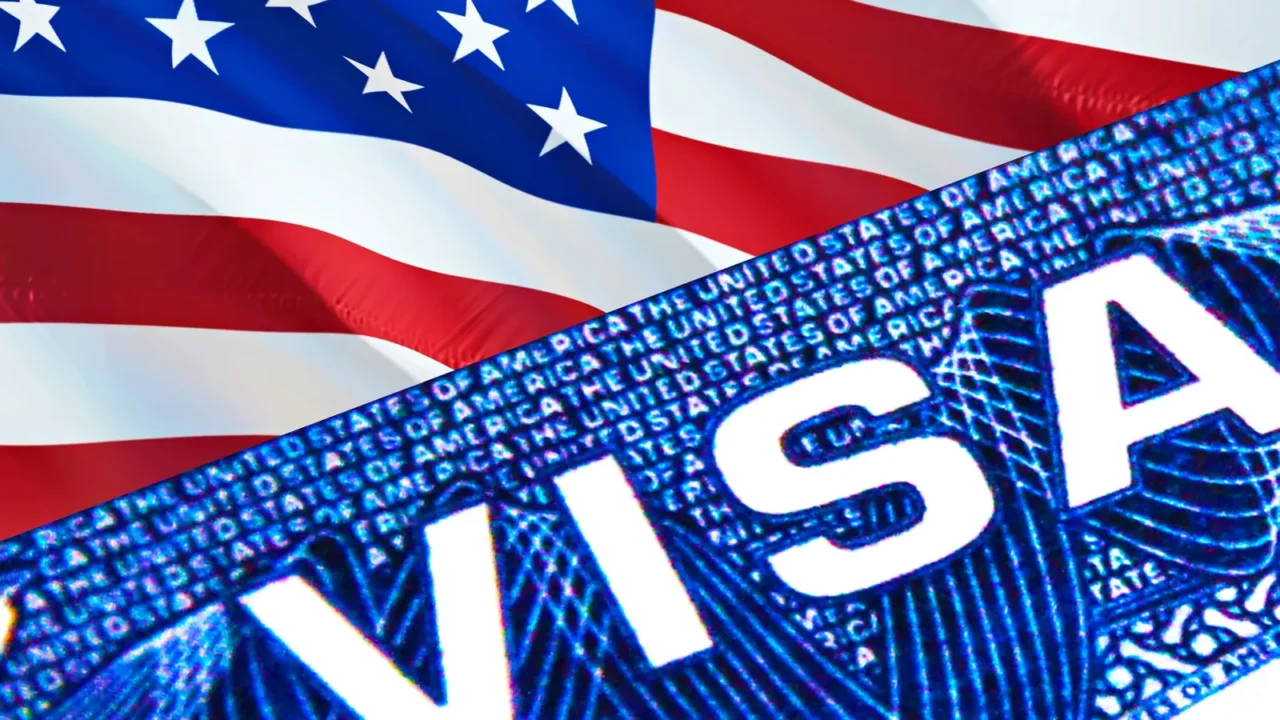
The future of the H-1B program
This new fee represents a major shift in the H-1B visa program, one that could affect its long-term viability. Experts are questioning whether the program will remain effective for businesses seeking to hire skilled international workers.
The changes may force companies to rethink their recruitment strategies and explore other visa options, potentially leading to a decrease in the number of H-1B petitions filed each year.

Backlash from international communities
The new policy has caused a stir in countries that are major sources of H-1B workers. Countries like India, which have historically sent large numbers of workers to the U.S., are particularly concerned about how this policy will impact families and the flow of talent.
This growing international frustration could affect the U.S.’s diplomatic relationships with these countries, as the fee change creates tension within global talent networks.

The long-term impact on the U.S. economy
While the goal of the new fee is to prioritize U.S. workers, experts warn of potential negative long-term effects on the economy. The reduction in skilled foreign workers may lead to labor shortages, particularly in industries that rely heavily on global expertise.
This could have a ripple effect, leading to slower innovation and growth, which may hinder the U.S.’s competitive edge in the global economy.

The unintended consequences of the fee hike
Although the fee hike was designed to help U.S. workers, it could have unintended consequences. By making it more expensive for companies to hire skilled foreign talent, the U.S. might lose out on the innovation that these workers bring.
The policy could have a chilling effect on industries that thrive on global expertise, potentially slowing down technological advancements and economic growth in key sectors.
With new H-1B visa rules shaking up U.S. immigration, Canada can become the next big magnet for global talent.

A call for policy changes
As the impact of the fee continues to unfold, there may be calls for change. Lawmakers and business leaders may push for a review of the policy, suggesting adjustments or new approaches to balance the needs of U.S. workers with global talent.
The discussion around the new H-1B fee will likely shape future immigration policies and their role in the U.S. economy.
Check out the success stories that began with an H-1B visa, but with rising fees pushing talent away, how many future innovators might never get the same chance?
Do you believe it will help U.S. workers, or will it hurt innovation? Share your thoughts in the comments; we’d love to hear your opinion.
Read More From This Brand:
- Trump’s $100,000 visa fee expected to hit thousands of Britons
- Best budget-friendly cities in Europe for 2025
- Top extravagant luxury hotels around the world
Don’t forget to follow us for more exclusive content right here on MSN.
This slideshow was made with AI assistance and human editing.